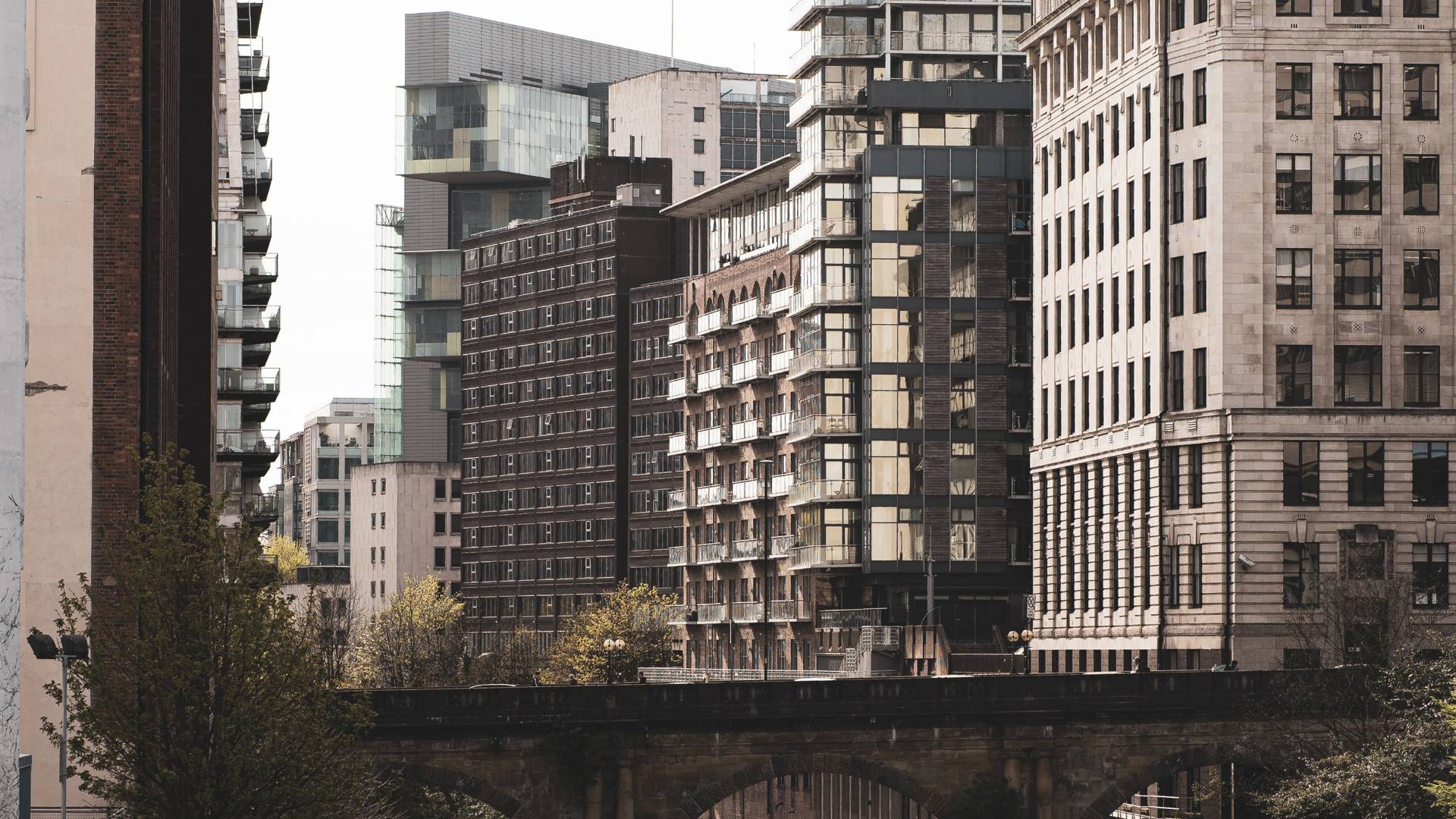
Structural Safety
Latest
-
The Remediation Acceleration Plan (RAP), published on 2 December 2024, set out the government’s plans to accelerate the remediation of residential buildings with unsafe cladding in England and improve resident experience. As part of that plan, the government committed to publishing an update to report on progress and outline additional measures to support the delivery of its key objectives:
An update published today (17 July 2025) outlines the significant progress already made against these objectives and sets out a range of additional measures to fix buildings faster, identify those 11m+ buildings still at risk and ensure that residents are supported in the process. These measures will help to overcome the barriers to remediation so that residents feel safe and are safe in their homes.
To fix buildings faster, this update outlines plans to:
- Give social landlords equal access to government remediation funding as private landlords, supported by a new joint plan between government, social landlords and regulators to speed up remediation, cutting years off the time to make social tenants safe and improving resident experience before, during and after remedial works.
- Bring forward a Remediation Bill to create a hard ‘endpoint’ for remediation. A Legal Duty to Remediate will compel landlords to remediate their buildings within fixed timescales or face criminal prosecution. Avoidance is not an option. Where landlords fail, new powers - including a Remediation Backstop - will ensure the work gets done. The Bill will be brought forward as soon as parliamentary time allows.
- Tighten fire assessment standards to minimise delays to remediation start dates and provide certainty on the scope of works.
- Support the delivery of Local Remediation Acceleration Plans (LRAPs) to enhance collaborative working and expertise at regional levels, further to the over £5 million in funding already provided to metro mayors.
- Establish a National Remediation System (NRS) to serve as the single source of data for all relevant buildings over 11 metres to enhance information sharing across partner organisations.
- Building Remediation
-
The new Building Safety (Wales) Bill introduces a new safety regime for multi-occupied residential buildings in Wales, with a strong focus on resident safety, accountability, and regulatory enforcement. It builds on the Building Safety Act 2022 and responds to findings from the Hackitt Review and the Grenfell Tower Inquiry.
Key highlights of the Bill include:
- New statutory duties for building owners and managers.
- A tiered system of responsibilities based on building height and complexity.
- The introduction of duty holder roles such as the Principal Accountable Person (PAP).
- Enhanced rights and protections for residents, particularly vulnerable groups.
- Significant implications for developers, including registration and documentation requirements.
To read the Bill in full, click here
-
Today, Thursday 24 April, UK Finance has published an update to the current lender statement on cladding. This update covers:
- Reliance in the mortgage journey on EWS1 forms more than five years old; and
- The scenario of an EWS1 form in the mortgage journey by an invalid signatory
Leaseholders and prospective buyers will now have more clarity on purchasing homes with building safety issues, following a key update from mortgage lenders and the Royal Institution of Chartered Surveyors (RICS) regarding EWS1 forms.
To read the UK Finance lender statement update in full CLICK HERE
-
The Home Office has published its post-consultation response to the Emergency Evacuation Information Sharing Plus consultation.
The Minister of State, Rt Hon Dame Diana Johnson DBE MP, said:
"We will move to lay Regulations to deliver the Residential PEEPs policy. Our engagement with key stakeholders, including disability stakeholder organisations, will continue, to help to ensure a smooth road to implementation, including the production of supporting guidance that will sit alongside the Regulations."
You can read the full response here
- Fire Safety